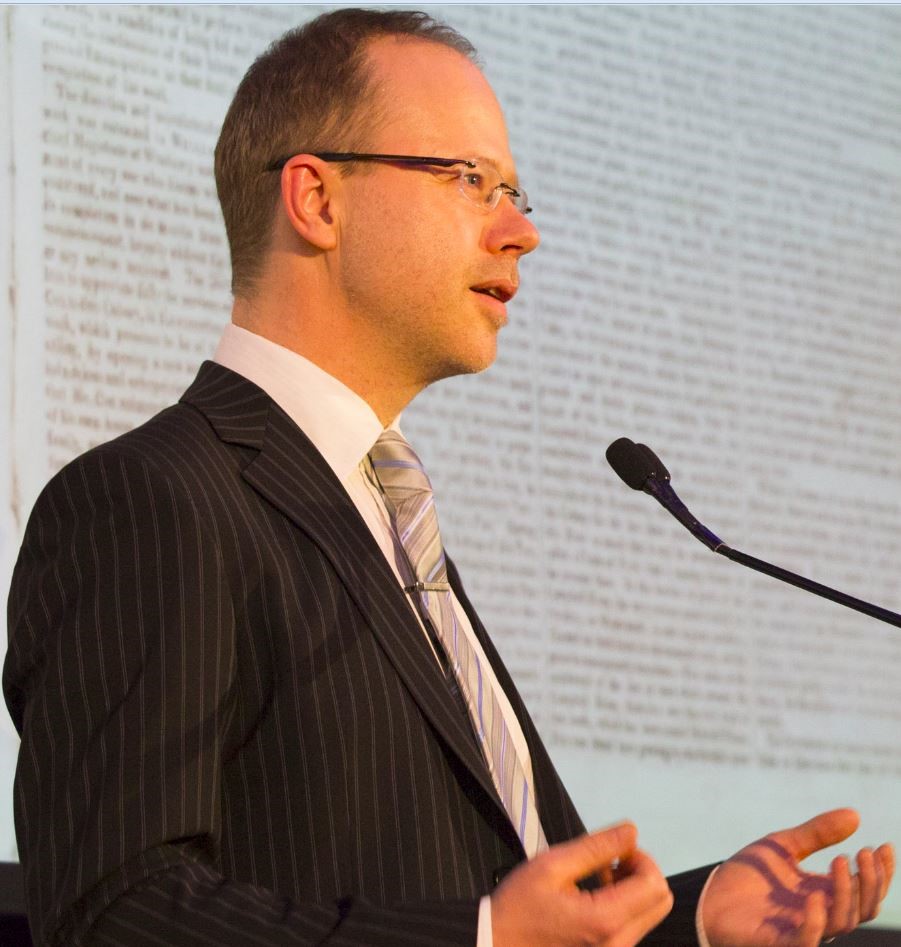April 2011
The Archives
-
Communication and Media Studies, Cultural Studies, e-Research, Humanities
eResearch Infrastructure for the Humanities, Arts and Social Sciences
29.04.11 | Permalink | Comments Off on eResearch Infrastructure for the Humanities, Arts and Social SciencesAustralian researchers are recognised internationally for delivering solutions to the most complex and challenging questions facing cultures and communities. Their contributions are vital to the nation’s social wellbeing. Encompassing the study of society, identity, economy, business, governance, history, culture and creativity, this broad field links universities, government agencies, collecting institutions and creative industries with policy development and with communities. However, complex issues of national and global significance cannot be solved in isolation. They demand collaborative approaches which in turn require the infrastructure to support them. Across all sectors, research practices are being fundamentally influenced by leading-edge ICT, and social and cultural data of immense significance is being generated in many different forms. With considerable investment worldwide in eResearch infrastructure, innovation in the humanities, arts and social sciences is increasingly dependent on enabling technology to support research excellence.
-
Cultural Studies, Historical Studies, Life Writing
Lives Recovered and Reclaimed
25.04.11 | Permalink | Comments Off on Lives Recovered and ReclaimedA life can be recovered in many ways: through retrieving, reclaiming, remembering, re-imagining, revising, restoring, recognising, re-telling or re-placing. In this special issue of Life Writing the impulse to pay respect to lost, hidden or unacknowledged lives flows through the papers, all of which are drawn from the major international conference on ‘Recovering Lives’ convened by Cassandra Pybus, Caroline Turner and Paul Arthur in 2008, and hosted by the Humanities Research Centre at the Australian National University. With sessions held at the National Museum of Australia, accompanying exhibitions, artists’ talks and film screenings, the conference aimed to break down traditional barriers between disciplines, media and ways of seeing. Historians, writers, filmmakers, anthropologists, curators, journalists, artists and activists interpreted the theme in ways that put the spotlight on people and practices that the global vision, for all its benefits, has left behind, overlooked, marginalised, or even enslaved.
-
Cultural Studies, Historical Studies, Life Writing, Literary Studies
Unearthing the Past
20.04.11 | Permalink | Comments Off on Unearthing the PastWhen Hitler’s troops invaded and occupied the city of Kharkov in Ukraine, my grandparents Nadia, 26, and Petro, 30, had two young children, aged 7 and 5. My mother had not yet been born. In this tense and uncertain period it was unclear whether Ukraine would ultimately be controlled by Stalin or Hitler. There was nothing to recommend one over the other, they often said. Both regimes were brutal and both targeted Ukrainians. Mid-1943 marked a turning point—the end of their lives in Ukraine and the first stage of a journey into the unknown that led to their eventual arrival in Australia in 1949 as post-war refugees. They were packed into railway goods wagons with other Ukrainians and were taken from Kharkov, where they had built their world, to Dwikozy in Poland. This was the place of their first displacement from everything that made up their history and identity—homeland, language, culture, family, community, and career. Like many other refugees my grandparents attempted to compensate for the loss of their past by trying to recover it repeatedly years later in the stories that they told.






